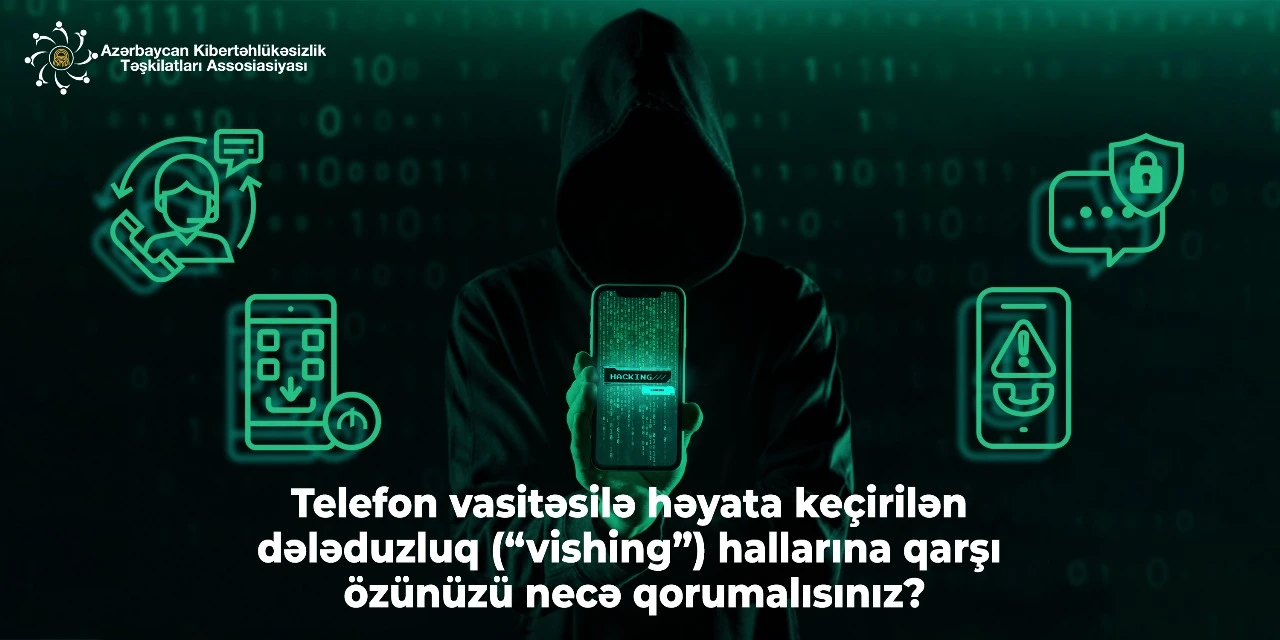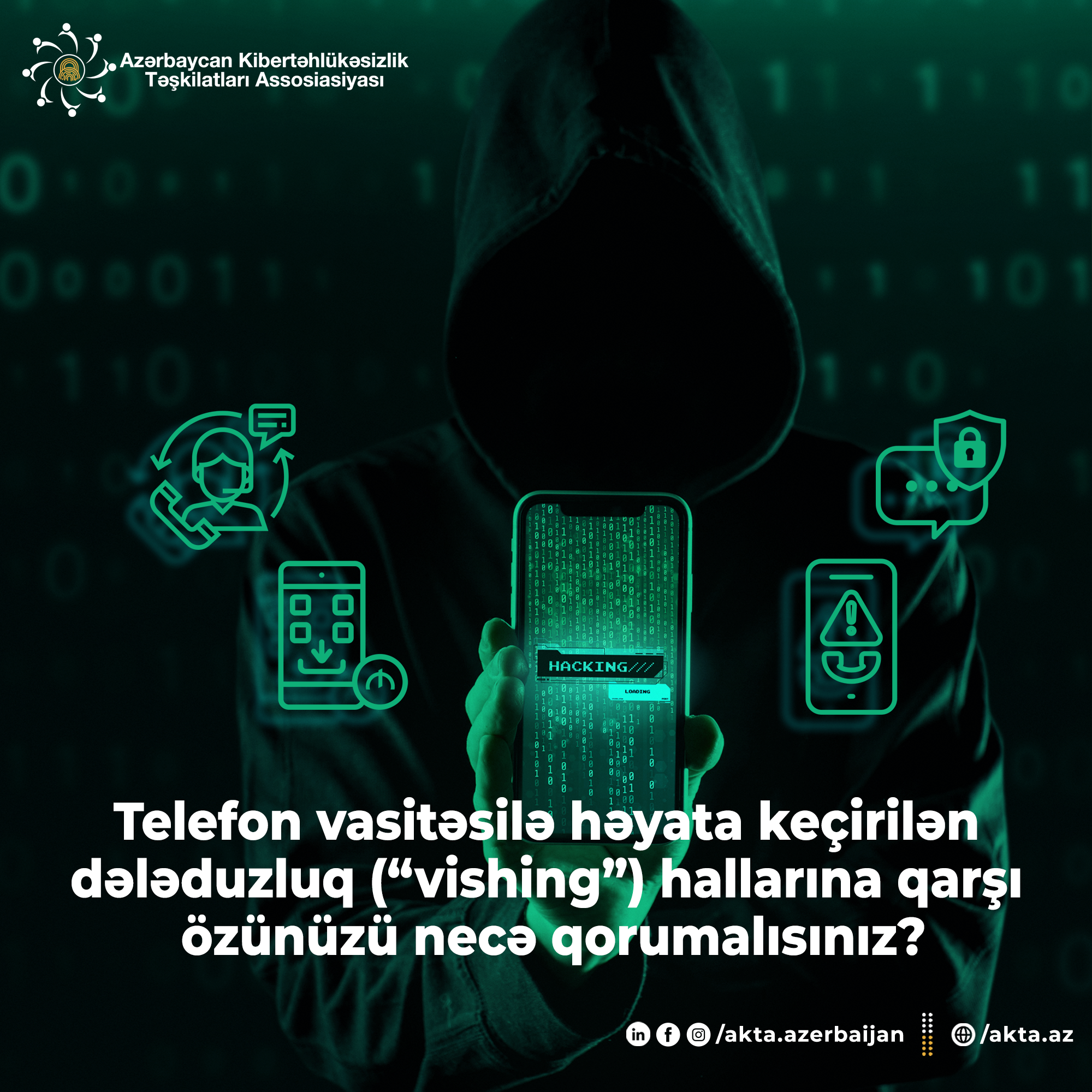

The advancement of technology has been accompanied by an increase in phone fraud ("vishing") cases and the emergence of new fraudulent techniques. Activities by entities attempting to illegally obtain personal information under the guise of "telemarketing calls" or "retail offers" and exploit such information for financial gain have become increasingly dangerous.
It is important to pay attention to the following recommendations to protect yourself from such threats:
Be cautious with calls from unknown, suspicious, or "spoofed" numbers:
· In some cases (for example, during Caller ID Spoofing), calls may be made to you from falsified numbers that resemble those of official entities, organizations, people you know, including family members. During such calls, you may be told that a loved one has been involved in an accident or other emergency, and you may be urgently asked to make a payment or provide personal and financial information under the guise of offering "help."
· In all instances, if you are unsure of the caller’s identity, request additional information to verify it. Contact the organization they claim to represent through their official communication channels (publicly listed phone numbers or website).
· Exercise caution when receiving calls from foreign countries, or when you notice poor sound quality, robotic tones, or unnatural speech patterns during a call.
· If you are asked for personal information, bank card numbers, or passwords (including confirmation codes sent to your phone), do not provide this information and end the call.
· Remember that official entities, organizations, or companies will not request personal information from you via phone call.
Approach offers with caution/avoid rushing to make positive decisions:
- Fraudsters sometimes make "urgent" offers to rush you into making hasty decisions, leading to careless behaviour. Avoid getting caught up in the rush.
- Be cautious of fear tactics. Those using a method called "Vishing" try to catch you off guard and force you to provide required information or make a payment. In some cases, they may use threatening language to push you into acting quickly, such as telling you that your account will be deactivated unless you provide your information.
- If an offer seems too good to be true, proceed with caution. In most cases, "free" or "profitable" offers can be deceptive and misleading.
- Do not make decisions about calls from individuals claiming to offer "special offers" or "campaigns" without first verifying their legitimacy.
- Thoroughly investigate the reliability of the product or service being offered.
Protect your contact information, including your phone number:
- Avoid making your phone number publicly available.
- Do not share your phone number on social networks or in public places.
Use verified applications on your devices:
- Ensure the security of the applications installed on your phone.
- Only download verified applications from official platforms ("Google Play" or "App Store").
Stay informed about new threats:
- To stay updated on the latest security protocols and current fraud methods, make use of the notifications and information posted on the official pages and accounts of relevant government agencies, as well as the banks or service providers you use.
- Remember that most smartphones have built-in spam protection features that filter, block, or notify you about spam calls. Check your smartphone's user manual to activate these functions.
Report suspicious calls or offers to the relevant authorities:
- Report any suspected fraud cases to the appropriate government agencies or law enforcement authorities.
- If necessary, request your mobile operator to block unknown numbers.
Note: The recommendations were developed with reference to the relevant guidelines of the Canadian Cybersecurity Centre.
